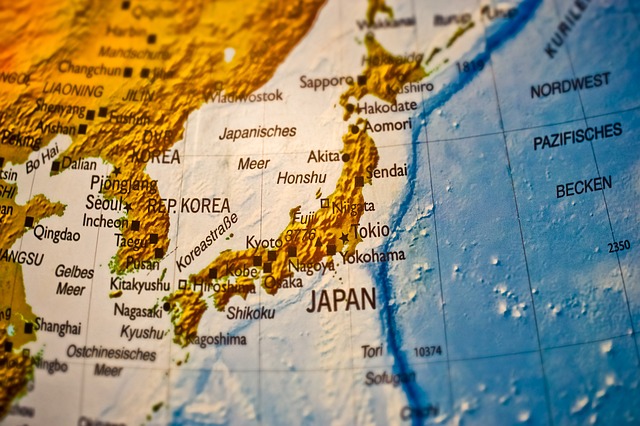In a follow-up on the rubella outbreak in Japan, the National Institute of Infectious Diseases now reports 2,454 in 2018 year-to-date. This tops the 2012 outbreak.
Tokyo has seen 834 cases, followed by Kanagawa with 342 and Chiba with 334.

According to a Japan Times report, the government will offer vaccinations for men aged between 39 and 56 who were not vaccinated through 2022.
To avert a potential vaccine shortage, people are first asked to take antibody tests. Both antibody tests and vaccinations will be free for men born between April 2, 1962, and April 1, 1979, over the three-year period.
Health regulations in place from 1977 to 1995 required only that junior high school girls be vaccinated for rubella, making men who are now between the ages of 30 and 60 vulnerable to infection.
Rubella is a contagious disease caused by a virus. Most people who get rubella usually have a mild illness, with symptoms that can include a low-grade fever, sore throat, and a rash that starts on the face and spreads to the rest of the body.
Rubella can cause a miscarriage or serious birth defects in a developing baby if a woman is infected while she is pregnant. The best protection against rubella is MMR (measles-mumps-rubella) vaccine.
- Rabies update: Both recent Sarawak cases have died
- Middle East respiratory syndrome (MERS) update for November
- Kentucky hepatitis A outbreak tops 3,000 cases
- Plague count grows in Madagascar
- Ebola update: Case count nears 500, Increases reported in Butembo and Katwa
- Lassa fever transmission activity appears to be increasing in Nigeria

